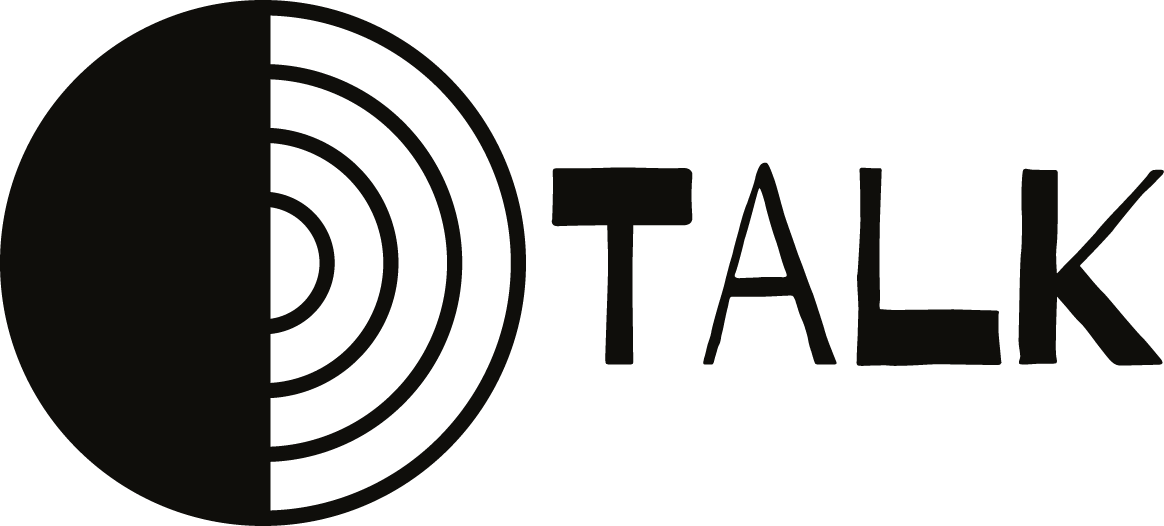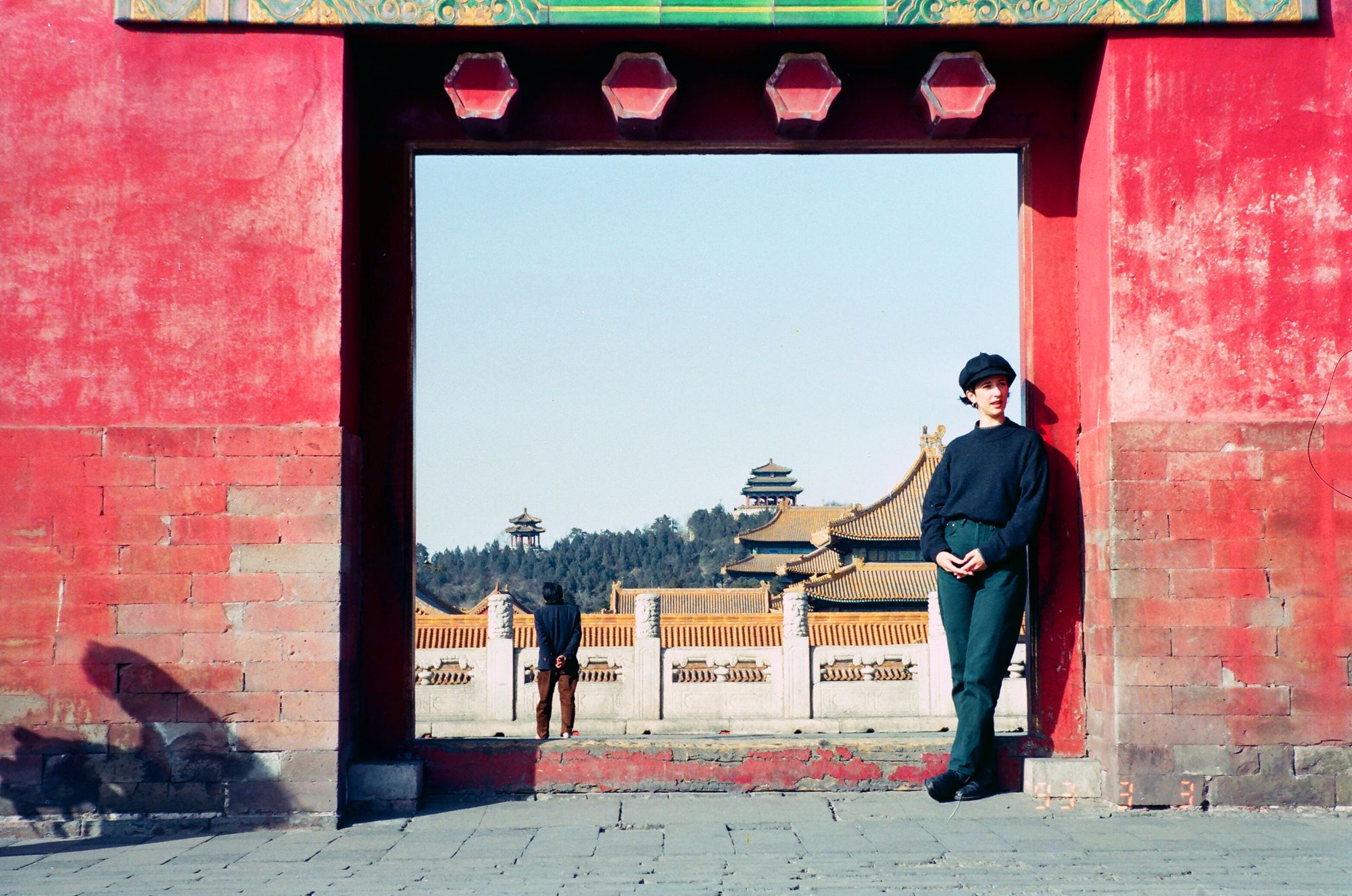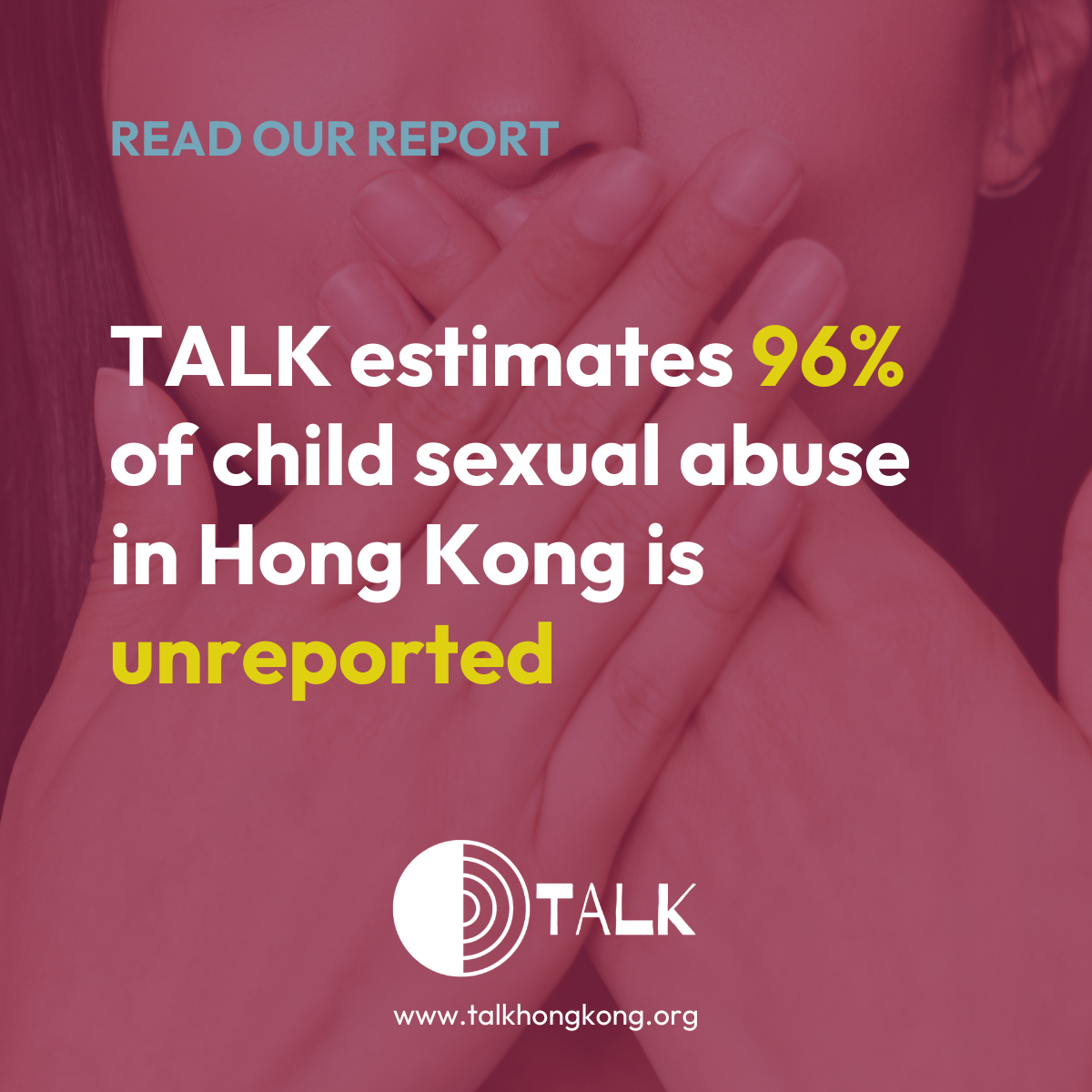A dominant female figure, Taura Edgar’s energy exudes strength, certainty and a sense of deep knowing.
Welcome to the new Spotlight series by TMS, where we highlight businesses and people around Hong Kong making waves. This week, we’re speaking with Taura Edgar, founder and director of TALK Hong Kong.
The following discusses child sexual abuse in a general way. Please take care when reading. If you need support please find meetings and resources at https://www.talkhongkong.org/
A dominant female figure, Taura Edgar’s energy exudes strength, certainty and a sense of deep knowing. She is poised and put together, her grey hair cropped on the sides with longer curls falling stylishly to the front. Her bold, red, no-nonsense lipstick stretches into an empathetic smile. A lover of live music, an explorer of the world, an activist and an entrepreneur of her own digital marketing company, Edgar has a multitude of layers to her life.
Through all of her many life achievements, she speaks to TMS about one in particular – TALK Hong Kong – a peer-led NGO supporting adult women or feminine identifying survivors of child sexual abuse (CSA). The group was founded with the goal of shining a light on the scale of CSA through research and public awareness.
Edgar shares her story with us. A story about striving for the beauty of life, constant movement, healing and self-discovery. In a quest to move forward, she has turned her personal experience and pain into inspiration for others. Her own healing journey has led her to help others on their path to healing from trauma.
Starting steps

Edgar started TALK after her own therapist suggested finding a support group to help her in her healing. But in Hong Kong, she couldn’t seem to find an English-speaking group. “I think she was being very clever, and she could see maybe that I have a bit of a project brain and that I might do something about it,” she says, smiling.
When asked how it was starting TALK, Edgar replies, “Terrifying, terrifying!” She had self-doubt on if she would be the right person to host the group or if anyone (or too many people) would show up. But, the one thing she knew was that she didn’t want anyone to experience being in her position where they wouldn’t be able to find an English-speaking group to support their will for healing. “So it was scary, but I’m very glad that I did it,” she says, taking a deep breath. “And it did stop being scary.
“How does one go about inviting strangers to a room to talk about their biggest secret?” Edgar questions with a laugh. She thanks her skills in design and development for her ability to put herself out there. Starting with a website helped her think through the process of people’s healing. She made sure that the support groups through TALK were secure and anonymous enough that people felt safe to show up and share. But they didn’t exactly hit the ground running.
“Nobody showed up to the first meeting, and that was actually a real blessing,”
Edgar breathes a sigh of relief. She says it allowed her to get over her nerves and really get mentally ready for the next meeting. Then, one person showed up, and the group kept growing from there. “All those little steps are good,” she nods.
Gentle steps of healing

So how did Edgar get over her fear of sharing her “biggest secret,” as she put it earlier? “Lots of therapy,” she replies. “It kind of helped in my case that I was older when I started to deal with it.” She was already in her forties when she started working through her experience.
Although she stresses that she doesn’t recommend that everyone wait that long to deal with it, it did help her in her case. She worked hard on her own healing by slowly telling people about what had happened to her when she was a child – from her cousins to friends and those whom she trusted. “So I was doing these kind of personal practices of telling, and it slowly started to lose its power in my case,” she says. “And that’s not right for everybody, but it was really helpful for me.
“Even the word recovery is pretty hard to define, and sometimes I don't even like the word recovery. It sounds like there's an endpoint,” Edgar says. “Good news, bad news it lasts the rest of your life … you get to learn about yourself for the rest of your life.” She shares that the process of healing is a series of steps and undoubtedly involves continuously working on yourself.
She advises anyone who has been entrusted with the hard truth of a friend sharing their CSA story to listen. “I know it seems like so passive that you're not showing interest, but really listening, and really being able to be open and remember that this is a moment for the survivor to be comforted, not for you to be comforted. There’s going to be at time for that, but right in that moment – listen,” she says. “If you’re not sure how you can help them, ask them.”
She explains that the first few times someone is opening up about their CSA experience, those are especially times they might want license over what happens to them. She says that’s how she felt when she was disclosing her past at first, and it’s a shared sentiment with those she knows that had similar experiences. “You probably want to feel in control of it a little,” she points out.
And that’s also where peer support groups really come in for survivors. “I knew that doing something with the pain would make me feel forward-looking, and I think that is the essence of hope,” she says.
Uncovering the unspoken

“Last year, we published our first big report on this situation of child sexual abuse in Hong Kong. What we know from the official records and mostly what we don’t know,” she stresses, “which is kind of the scary part.” The idea in doing these research reports is to build an ecosystem where there is more light shed on the situation, she explains, so that better prevention programs can be created.
Unfortunately, without reports, we can only have a vague idea of the severity of the CSA issue. But TALK is on a research mission, and one of the many questions that need answering is – who is most at risk and vulnerable to the problem? “The more steps in that specific trail that we can understand, the better our planning will be,” she says. “And I mean that from everybody – from other NGOs, anyone who literally deals with kids, like schools and our own government.”
Darcy Lynn Davidson Roberts, who is a senior lecturer at the Hong Kong University (HKU) law department and who sits on TALK’s advisory network, was a major contributor in facilitating the first step towards clarifying legislation and helping formulate data collection. Gathering their resources of lawyers, as well as partnering up with HKU’s law department, Edgar and Roberts set out to uncover the murky stats of CSA.
TALK estimates that 12% of children have experienced some sort of sexual abuse in Hong Kong. However, due to how delicate, traumatic and sensitive the topic is for people, the number is likely much higher. The WHO estimates it to be significantly more, at 20%. “So the number, without enough evidence at the moment, I think, is more like 15%,” Edgar says. “If we include online grooming, which is now in the legal ordinance … it’s going to be much higher than that.
“So right now, we can see that 96% is unreported, which is a terrifying thought,” Edgar continues. There is a lot of work to be done, as a lot of emphasis is placed on reporting numbers of preexisting abuse cases, yet where the importance lies is in preventing it from happening in the first place. She points out there seems to be a victim-led mentality surrounding the topic.
“Like teach kids how to protect themselves, get kids to report, right? I don't think that's likely to ever be very successful … More success is going to lie in educating adults and not just parents, not just teachers, but all of us on how to be responsible, responsive and educated bystanders,” Edgar says.
How TALK-ing can help
“My favorite book for survivors is actually also a great book for supporters, which is called ‘The Courage to Heal,’” Edgar mentions. Although it’s relevant to many people, it’s primarily written for women survivors. Another resource she mentions is a podcast that can be found on the TALK website by the Swoon, which consists of two therapists giving advice, for example, on how one partner can support another who may be a survivor.
Edgar speaks endearingly about her peer Jill Marshall, who joined one year after TALK started. Although Marshall’s background is in adult sexual assault, Edgar mentions how complementary they are in the way they work and share their experiences. This extends to TALK group sessions where participants can share experiences, from how it’s affecting them now to sharing coping skills.
“You may hear someone else share and then think, ‘Oh, I can do that or try that.’ Or your share can give somebody else an idea. Big topics are therapists we like, books we found,” she says. “My top advice is to have some resources like that around you that will help you start to develop your internal toolbox and start to build a little community. And your community might be you and your dog, but it will start to grow.
“Things change,” Edgar shares earnestly. “They change for the worse, and they can change for the better. And I absolutely know on a gut level that shame and the anger and the fear – that can sit on you. And it is possible for them to change. Not disappear, but change.” She insists on the importance of never giving up hope.
The mission of protecting children
So how can we prevent or minimize CSA? There is no easy, straightforward answer to that question. “At the moment, what I spend a lot of time thinking about is how hard it is for us as a species, human beings, to even think about or talk about CSA because it’s such a horrible thing,” Edgar says. “We, as a species, need to be better at being able to talk about it.”
Edgar goes on to mention the groups of people who should be hyper-diligent about the topic – one being parents. Parents should actively ask about an organization’s child safeguarding programs. This is not only limited to schools but doctors' offices and community centers. She references the importance of managing adults in organizations so as to prevent any cases of CSA. “In Hong Kong, we do not even require record checking,” she says.
The government and legislation can also do more to save children. For example, the laws on the books right now define consent and children differently, as well as differentiating CSA by gender, sexual orientation and age ranges. New sexual offense laws that have been recommended but not yet put in place yet are a first step. That will remove the gender-specific crimes and sexual orientation-specific crimes, she explains. Mandatory reporting laws have also been proposed.
“We have to think very carefully about how to implement that,” she says. “It could be a great thing, but our system isn't ready for it because we don't have the right laws in place. We don't have education in place, the police and the social welfare department, although they are trying very hard. That’s a really a large-scale project.
“We can start to record data better, and that is across all the departments,” she says. It exists, but it hasn't been logged in a way that’s accessible. She mentions that it would help her in her mission to shed light on the topic if there was more data available.
“And another thing I think we can all do with kids directly is – they do not owe you a hug,’” Edgar points out. “I think we have kind of a culture of saying it's polite or respectful, ‘Oh, you know, kiss Auntie so-and-so, hug Uncle David.’ Let them decide that themselves later because it's the first lesson they have about ‘This is my body. I get to decide who touches it.’ And I think that is a really deep, important lesson right from the beginning.”





Comments ()